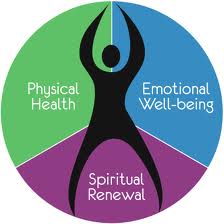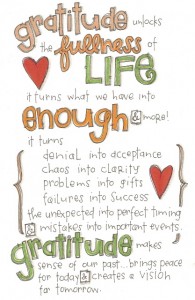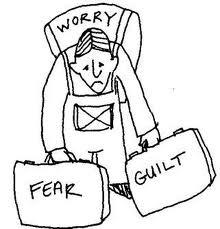The expression ‘I’m ok, you’re ok’ was first used in a book of the same title, which was written by Thomas Anthony Harris MD, an american psychiatrist and author (born April 18, 1910, died May 4, 1995 in Sacramento, California). The book was a bestseller and its name became a cliché during the 1970s. ‘I’m ok you’re ok’ relates to the area of psychiatry/psychology/psychotherapy called ‘Transactional Analysis’ which integrates the theory of all three approaches in the examination of how we, as individuals, relate to each other. It is described as integrative because it has elements of psychoanalytic, humanist and cognitive approaches. Transactional analysis was first developed by Canadian born US psychiatrist Eric Berne (born May 10, 1910, died July 15, 1970), who wrote a famous book on the subject entitled ‘Games People Play’.
Transactional analysis sets out how people are psychologically structured by using a model known as the ego-state. The ego-state model mainains that we are always in one of three basic modes: Parent (a position of authority, not necessarily a parental relationship), Adult (a position of assertiveness, not necessarily a condition of age) and Child (a position of powerlessness – not necessarily a condition of age). When we communicate with others, we will be in one of these modes (to a larger or lesser extent). For example:
Parent to child: “You still haven’t cleaned your room!”
Parent to parent: “Children should keep their rooms tidy.”
Parent to adult: “My child keeps her room tidy.”
Child to parent: “Why do you always hassle me?”
Child to adult: “Alright, I’ll get it done now.”
Child to child: “God my parents get on my nerves!”
Adult to child: “Let’s get your room cleaned and then we can go out.”
Adult to parent: “I’ll get it done now.”
Adult to adult: “Let’s get this done so we can go out.”
By examining these differing states of interaction, we can see that the way in which we speak to others is very powerful in determining the sort of response we will get back.
To return to the statement ‘I’m ok, you’re ok’, there are four life positions that a person can hold, and our life will depend enormously on our own position. These positions are:
- I’m OK and you are OK. This is the healthiest position about life and it means that I feel good about myself and that I feel good about others as, on the whole, I believe human nature, life in general and particularly my own situation, to be good.
- I’m OK and you are not OK. This is not usually a healthy position to take since I feel good about myself but I see others as damaged, impaired or inferior to me.
- I’m not OK and you are OK. In this position I see myself as inferior to others and will be the weak partner in relationships. If I hold this position I will unconsciously accept abuse as being OK.
- I’m not OK and you are not OK. This is the worst position to be in as it means that I believe that I am in a terrible state and the rest of the world is as bad. Consequently I will feel that there can be no hope at all.
The position that we hold in our life may sometimes have been carried with us into adulthood from childhood. If, for example, we always felt powerless as a child, and were never encouraged to be assertive, then we may well remain in our child position of feeling powerless. There are many complex ways in which we can be stuck in one or other of these positions, however the majority of healthy individuals will move from one position to another many times every day, depending upon who we are talking to. When we examine our most usual position(s) we can find out a lot about how we fit into our world and relate to it.
From a Transactional Analysis (and therefore CBT) perspective:
- All people are OK, in that every person has validity, importance and deserves respect.
- Positive reinforcement increases feelings of being ‘OK’
- All people have a basic lovable core and a desire for positive growth (however well that may be hidden).
- Everyone (with only few exceptions, such as the severely brain-damaged) has the capacity to think.
- All of the many facets of an individual have a positive value for them in some way.
- People decide their story and destiny, therefore these decisions can be changed.
- All emotional difficulties are curable.
The aim of change, under Transactional Analysis, is to move towards: freedom from issues held on to from childhood, spontaneity, intimacy and problem solving, as opposed to avoiding or passively remaining in an unwanted situation. This is all done with a view to progressing and moving into a new, healthier position of ‘I’m ok, you’re ok.’
Further reading: Eric Berne: Games People Play.
Thomas Harris: I’m OK, You’re OK’.

 into account. When, for example, we are
into account. When, for example, we are 


